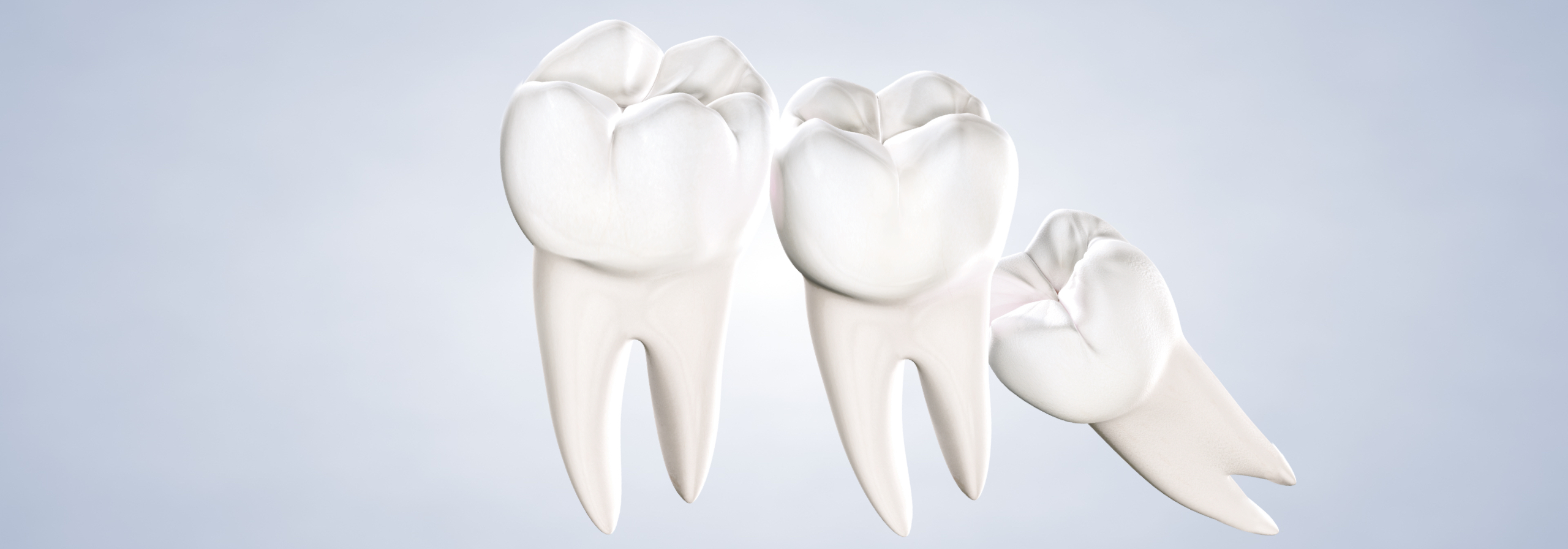
Having wisdom teeth removed is typically a rite of passage for most teens and young adults. It is recommended to have these third molars extracted as soon as possible, like during the late teens or early twenties. However, you can undergo wisdom teeth removal at any age. When it’s time to have your wisdom teeth taken out, go to the experts in wisdom teeth removal: oral and maxillofacial surgeons.
There are five main reasons why an oral surgeon should perform your wisdom tooth extraction procedure. Understanding these reasons will help you make a more informed decision for your or your child’s oral surgery needs.
1. Wisdom Tooth Experts
Wisdom teeth removal is one of the most common oral surgery procedures performed by an oral surgeon. This type of surgery requires extensive training in surgical techniques to yield optimal results.
Typically, during routine dental exams, a general dentist will notice wisdom teeth developing by taking X-rays. Once wisdom teeth are detected, the dentist will refer the patient to an oral surgeon. These dental professionals are the experts in treating and managing wisdom teeth cases.
2. Additional Training
A general dentist’s training ends at dental school. Oral surgeons, however, earn their dental degree and must complete a residency program, which is an additional 4 to 6 years of training. During this time, the surgeon cares for patients with a variety of needs in a hospital setting and learns how to administer anesthesia.
While a general dentist specializes in cosmetic or general dental work, an oral surgeon focuses more on the surgical aspects of dentistry. This additional training is what sets apart a general dentist from an oral and maxillofacial surgeon.
3. Impacted Wisdom Teeth Require Special Care
Wisdom teeth can sometimes fully erupt through the gums or become trapped beneath the gum tissue. When a wisdom tooth is trapped below the gums, surgery is the only way to remove it. Oral surgeons are trained to carefully access an impacted wisdom tooth, safely extract it, and suture the surgical site for optimum recovery.
4. Anesthesia Specialists
Oral surgeons are the only dental professionals qualified to administer all types of anesthesia in the office. This includes local anesthesia, nitrous oxide (laughing gas), IV sedation, and general anesthesia. If a patient has high dental anxiety or requires anesthesia for more complex surgery, patients are referred to an oral surgeon for treatment. They are trained to administer the anesthesia and monitor patients during surgery to ensure their health and safety.
5. Prevent and Treat Issues
An oral surgeon can perform the extraction before wisdom teeth erupt, eliminating the risk completely of any health issues associated with third molars. This is why it’s important to see a dentist for regular checkups. Once detected in their early developmental state, a dentist can refer you to an oral surgeon to have these teeth removed. However, if the wisdom teeth have erupted, you can still have them removed to treat current issues or prevent future ones from occurring.
Ready to Have Your Wisdom Teeth Removed?
By having wisdom teeth extracted, you prevent oral infection, cysts, tumors, pain, dental overcrowding, and damage to nearby teeth from occurring. Extracting third molars promotes overall good health, which reduces the risk of tooth decay and gum disease. If it’s time for you or your child to have wisdom teeth removed, visit an oral and maxillofacial surgeon for optimum results.